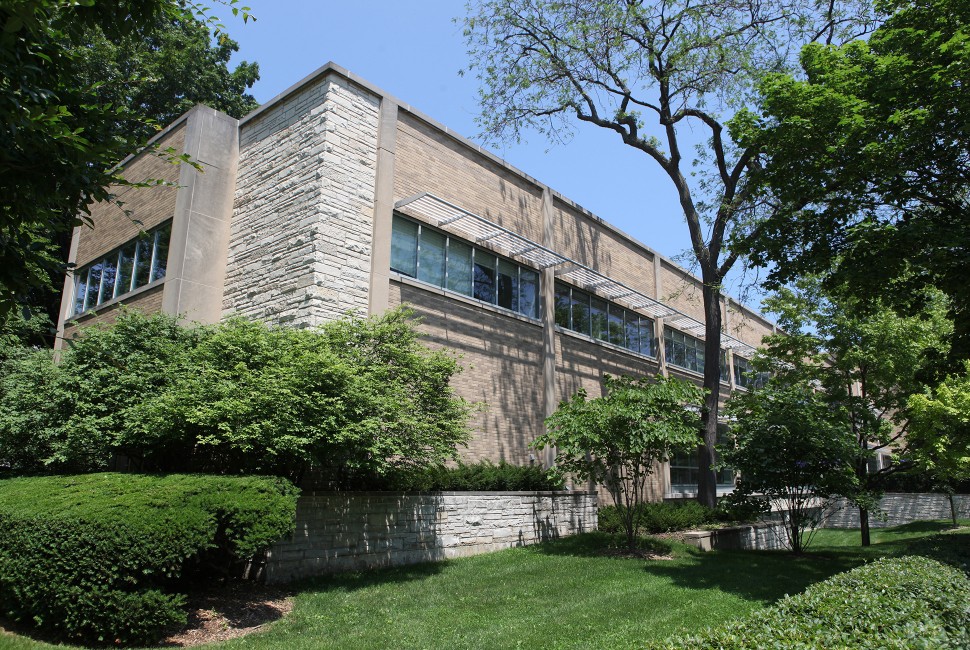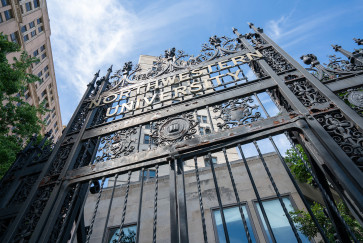Northwestern University and the City of Evanston’s Health and Human Services Department will co-host two monkeypox vaccine clinics this fall that are open to all Northwestern students, faculty and staff as well as anyone living in Evanston. The clinics will take place from 10 a.m. to 2 p.m. Oct. 20 and Nov. 17 in Searle Hall, 633 Emerson St. in Evanston.
The Cook County Department of Public Health will provide 200 doses for each of the clinics. The vaccines are free to eligible individuals. Participants must register in advance, and are required to bring a valid ID and a vaccine card if they already have received a first dose of the vaccine. Northwestern Medicine Student Health Service provides details about vaccine eligibility as well as monkeypox symptoms, transmission, treatment, vaccination and student resources.
Monkeypox is a viral illness that typically begins with flu-like symptoms and swelling of the lymph nodes, often leading to a rash on the face and body. In the current outbreak, they are most common around the anus and genitals. Recovery generally lasts from two to four weeks. Sexual activity has been by far the major route of transmission in the U.S., but monkeypox also is widely believed to travel by other skin-to-skin contact.
Anyone can contract the virus with sufficient exposure for transmission. Currently, though, the virus is predominantly affecting men who have sex with men and their sexual contacts. In the U.S., Black and Latino men are experiencing disproportionately higher rates of transmission. However, according to public health and infectious disease experts, there is virtually no chance of contracting the virus simply from being in close proximity to someone who is infected. Transmission seems to require close skin-to-skin contact, intimate contact or exposure to items that previously touched a monkeypox skin lesion.
Through ongoing engagement with public health officials, as well as its own infectious disease experts and scholars of sex and sexuality, Northwestern continues to refine information and guidance on its response to monkeypox.


